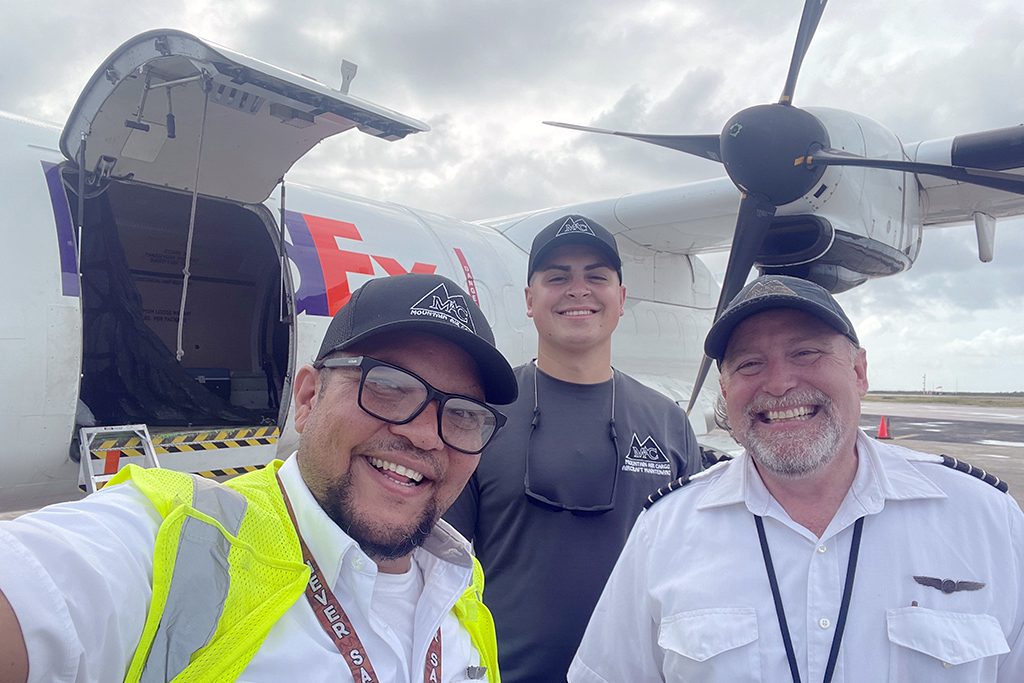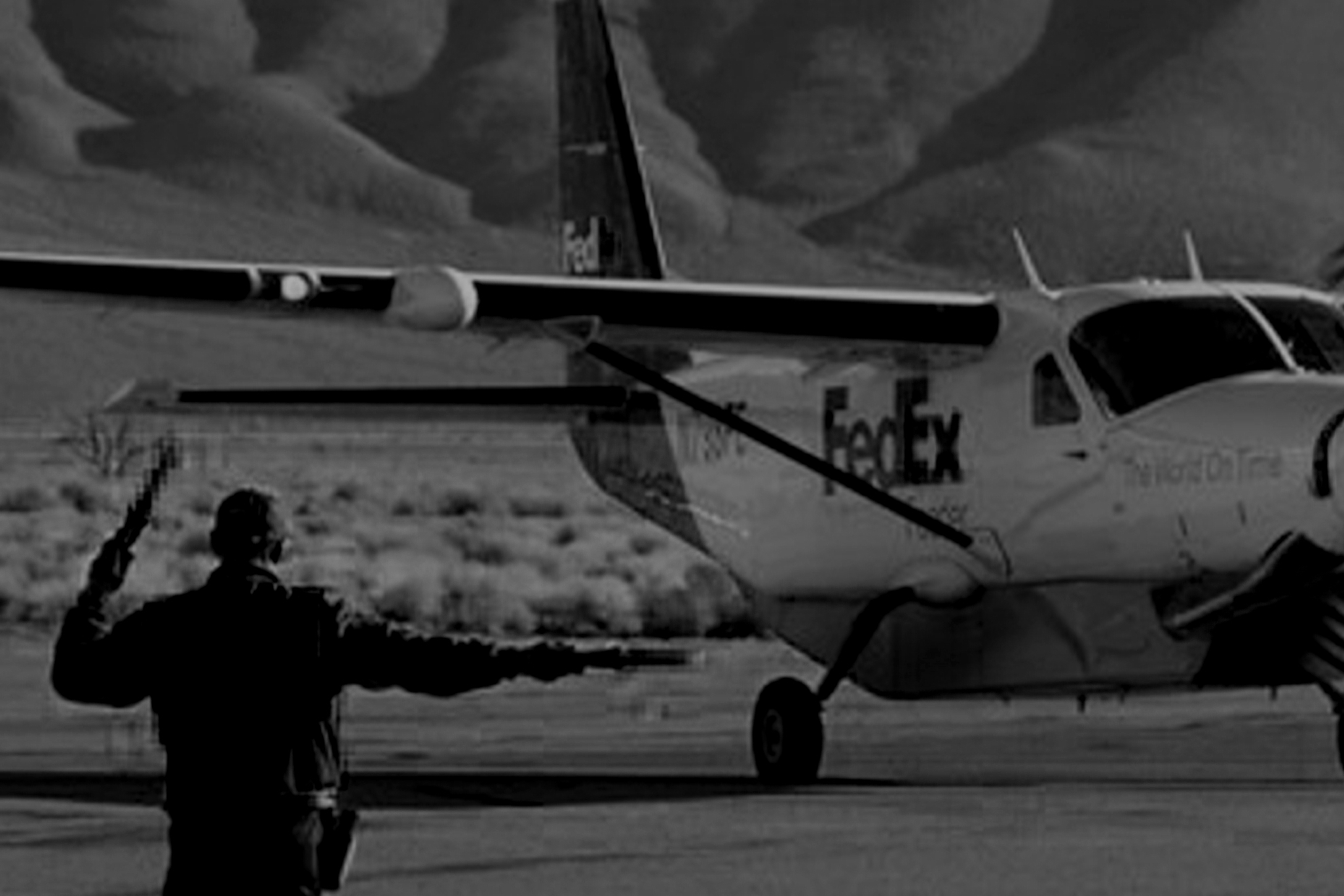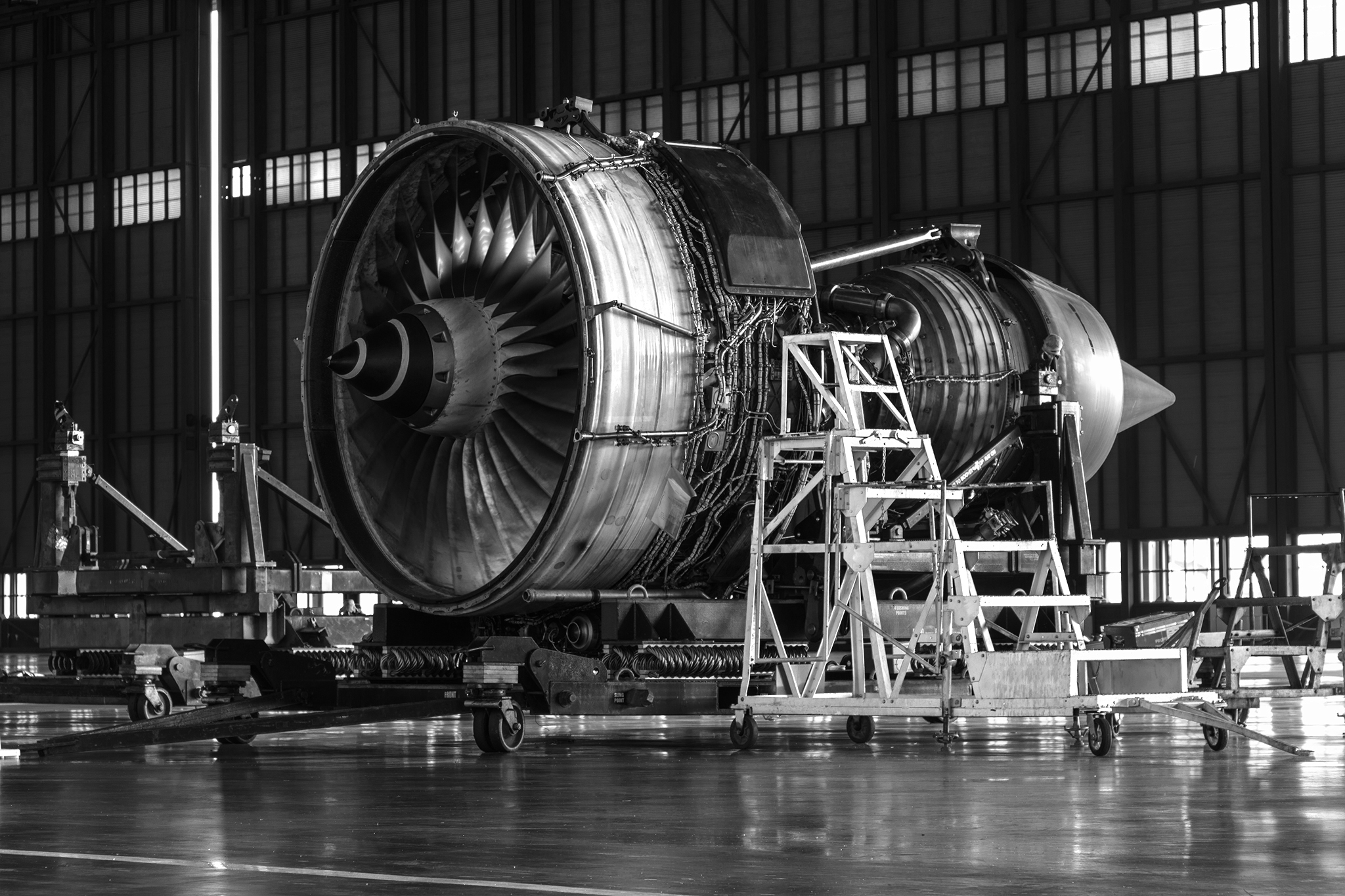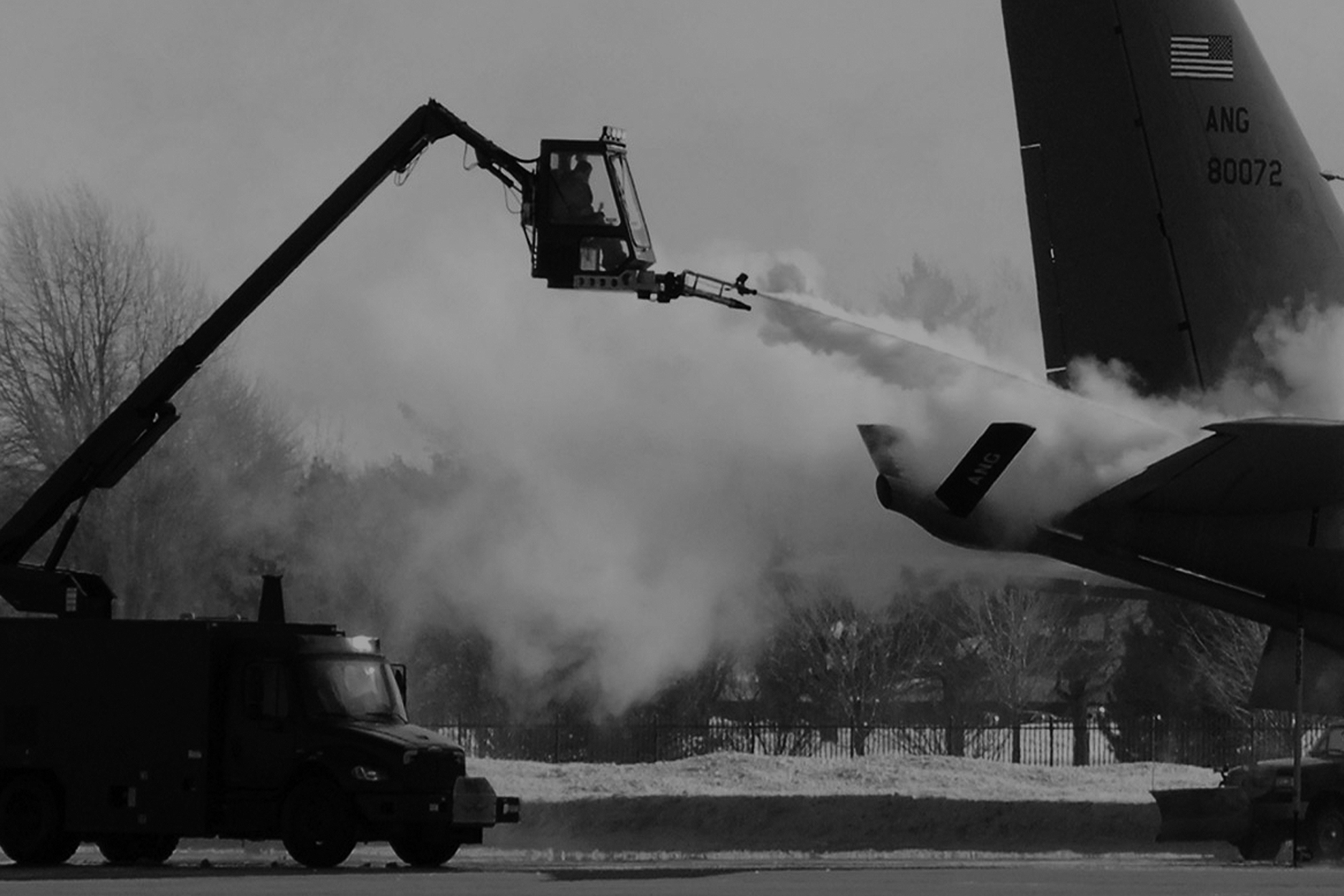Air T Announces Closing of Regional Express Acquisition
A collective step forward to strengthen regional aviation & support Australian communities



Air T Announces Closing of Regional Express Acquisition
A collective step forward to strengthen regional aviation & support Australian communities



WHAT'S GOING ON

On October 20, 2025, Air T announced it entered into a Sale and Implementation Deed (SID) to acquire Regional Express Holdings Limited (Rex), Australia’s leading regional airline. The acquisition — expected to close by year-end pending approvals — represents a strategic commitment by Rex, the Australian Commonwealth, EY, and Air T to strengthen essential regional air connectivity.
On November 11, 2025, a majority of Rex's creditors voted in favor of Air T's bid to acquire Rex at the second meeting of creditors. This strong endorsement reflects confidence in our vision for Rex and our commitment to regional aviation in Australia.
On December 18, 2025, Air T announced the successful closing of its acquisition of Regional Express Holdings Limited (Rex), Australia's leading regional airline. Air T looks forward to beginning a new chapter for Rex and the regional communities it serves across Australia.
WHO IS AIR T

We Are Industrious

Established 40 Years

Our Investment Approach
Supporting Strong Teams, Doing Great Work
A Return to Classic Rex
Rex plays an essential role in keeping regional Australia connected. That’s something we at Air T deeply admire and want to help preserve for the long term.
1. Why did Air T decide to acquire Rex?
Our mission aligns closely with Rex’s: to sustain and grow essential regional air connectivity.
This acquisition allows Air T to:
- Support and invest in a proven operator with deep community roots.
- Restore the full Saab 340 fleet to “Classic Rex” levels.
- Provide the capital, global supply-chain expertise, and long-term investment horizon needed for sustainable growth.
We’re proud to be part of helping Rex return to full strength.
2. Who is Air T?
Founded more than 40 years ago, Air T owns 15 independent aviation businesses spanning aircraft operations, maintenance, leasing, parts distribution, manufacturing, and data services.
Our portfolio includes two FedEx feeder airlines, several aircraft parts traders and MRO businesses, ground support equipment manufacturing, and aviation technology and data companies.
Each of our businesses operates autonomously but benefits from shared financial, legal, and operational resources provided by the Air T platform.
3. What is Air T’s overall investment philosophy towards Rex?
That means Rex will continue to operate independently, making the right decisions for its business, customers, and communities.
We are not here to impose “the Air T way.” Our role is to support, not control.
We view ourselves as a platform that enables talented aviation leaders to thrive by providing resources, capital, and expertise when needed.
4. What are Air T’s immediate plans for Rex?
- Restoring all 47 Saab 340s to service.
- Rebuilding the full network of regional routes.
- Hiring additional pilots and engineers.
- Investing in operational excellence and long-term fleet sustainability.
We are entering growth mode, not contraction. We will be hiring and investing, not cutting.
5. Will Rex remain independent?
Air T has high confidence in Rex’s leadership and operational team. Our goal is to help the management committee achieve their vision for growth and sustainability.
6. How will the integration process work?
Rex already has a capable team with public-company experience, which will make this transition smooth and collaborative.
7. What will happen to existing routes and services?
The Rex management team will work to bring the full fleet online and maintain its core network of regional flights — the same routes that have served Australians for years.
Air T is fully committed to the continuation and strengthening of regional connectivity in Australia. That’s what makes Rex special, and it’s why we’re here.
8. What happens to current Rex staff?
As the Saab 340 fleet returns to service, Rex will expand its workforce in both operations and engineering.
Air T’s philosophy is about growth, not downsizing for the sake of downsizing.
If you’re a pilot or engineer we want you on board. Invite your friends to join us.
9. What are the plans for the Saab 340 fleet?
Air T and Worthington Aviation (an Air T company) are among the world’s leading suppliers of Saab 340 parts and maintenance support.
We have the expertise and resources to keep the fleet flying safely for another 10 to 15 years.
Worthington Aviation has supported Rex’s Saab fleet for nearly 20 years — and that partnership will now deepen even further.
10. Will Air T make major changes to Rex’s brand or culture?
Rex will keep its name, identity, and people. Air T’s job is to provide resources, not rewrite the playbook.
This is Air T’s first fully Australian operation, and we intend to preserve the qualities that have made Rex successful for decades.
11. What is “Classic Rex”?
The Return-to-Classic Rex initiative is about restoring that full capacity and service reliability while maintaining the airline’s high safety and customer-service standards.
12. What experience does Air T have operating airlines?
Air T also owns MRO facilities, leasing businesses, and aircraft parts companies that collectively manage the full lifecycle of regional aircraft. While we have not previously owned a passenger airline, our operational and technical experience in regional aviation is deep and directly relevant.
13. How will this acquisition affect Rex’s relationship with the Australian Government?
Specific terms of any financing or restructuring agreements remain confidential.
14. Will Air T repay outstanding federal loans to Rex?
We can, however, confirm that Air T is committed to maintaining Rex’s operations on a sound and sustainable financial footing.
15. What does this mean for regional communities and passengers?
For passengers and regional communities, the message is simple:
Rex is here to stay and grow.
Our goal is for Rex flights to remain reliable, regional connectivity to be strengthened, and the return of the full Saab 340 fleet to increase service frequency across key routes.
Air T shares Rex’s commitment to keeping Australia’s regional towns connected.
16. How does Air T support its businesses beyond financing?
If a local team needs help sourcing parts, developing software, or expanding operations, Air T can connect them with the right partners and expertise — without interfering in daily decisions.
Think of Air T as a resource and ally, not a parent company giving orders.
17. What can employees expect in the coming months?
Employees can expect:
- Open communication between management and staff.
- Opportunities for growth and new roles as the fleet expands.
- Visits and direct engagement from Air T leadership in Australia.
Ownership transitions take time, but Air T is committed to transparency and mutual respect throughout the process.
18. Who can employees contact with questions or concerns?
Open, respectful, and candid dialogue is encouraged — it’s how we build trust and move forward together.
16 AIR T COMPANIES
4 Core Segments

Overnight Air Cargo for FedEx
Combined, they have a steady operating margin and attractive cash flows.
Worldwide Aircraft Services (WASI) and Royal Aviation Services (RAS) were added to this segment in Q4 FY23 and Q1 FY26, respectively.

Commercial Aircraft, Engines & Parts
This segment includes Contrail Aviation Support, JetYard, AirCo and Worthington Aviation Parts.

Aviation Ground Support Equipment
Global Ground Support (GGS) is one of the world’s largest manufacturer of aircraft de-icing equipment.
GGS has been the sole source supplier of de-icing equipment for the U.S. Air Force since 1999.

Aviation Digital Solutions
This segment includes WorldACD and Ambry Hill Technology.
